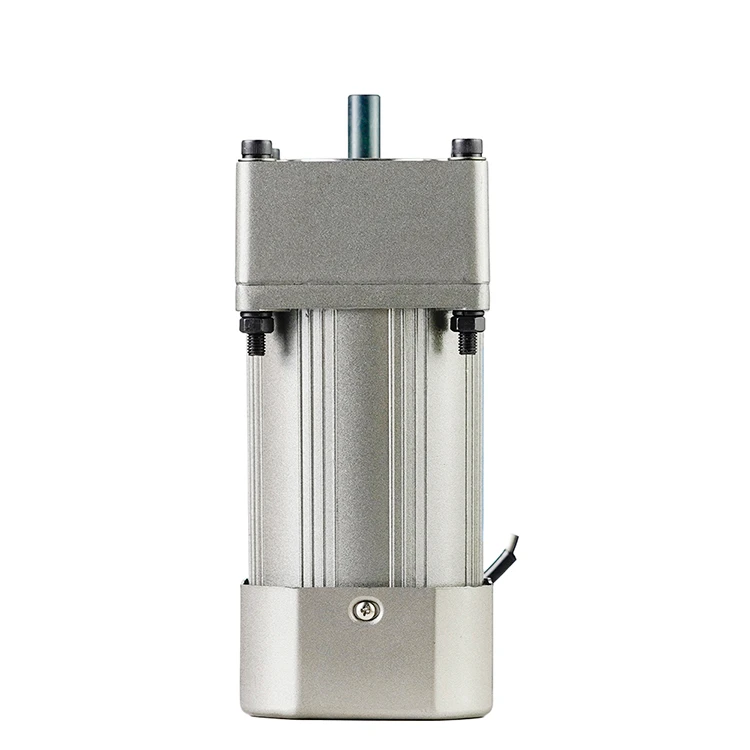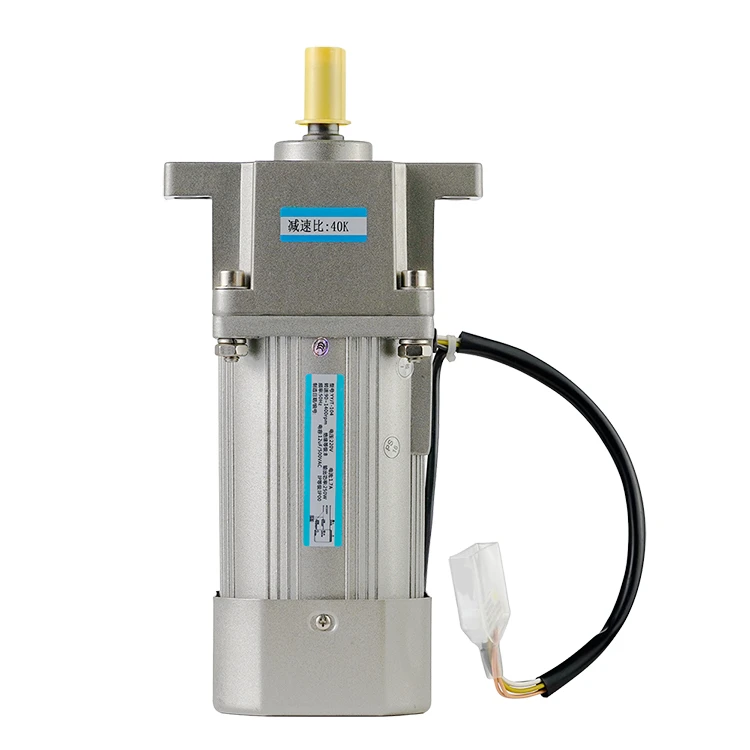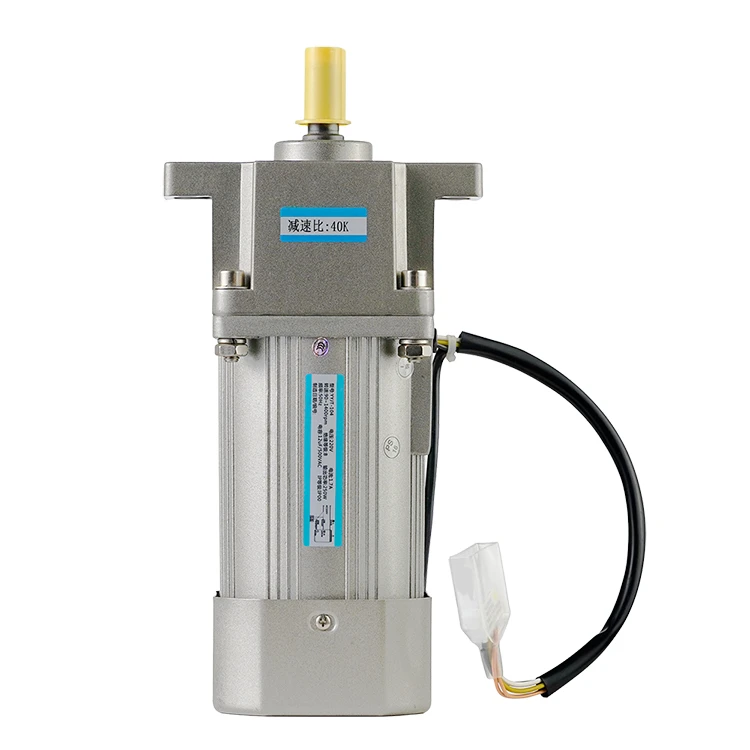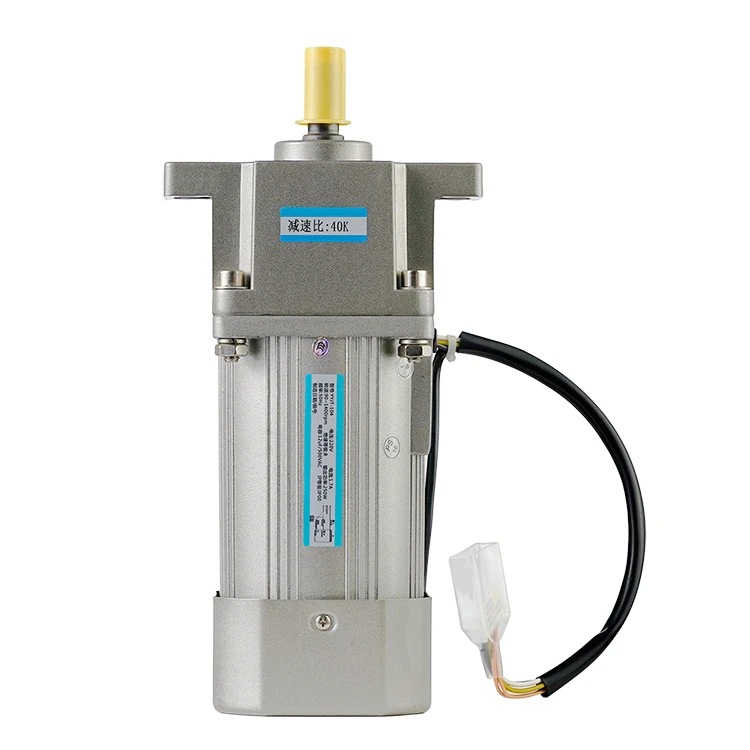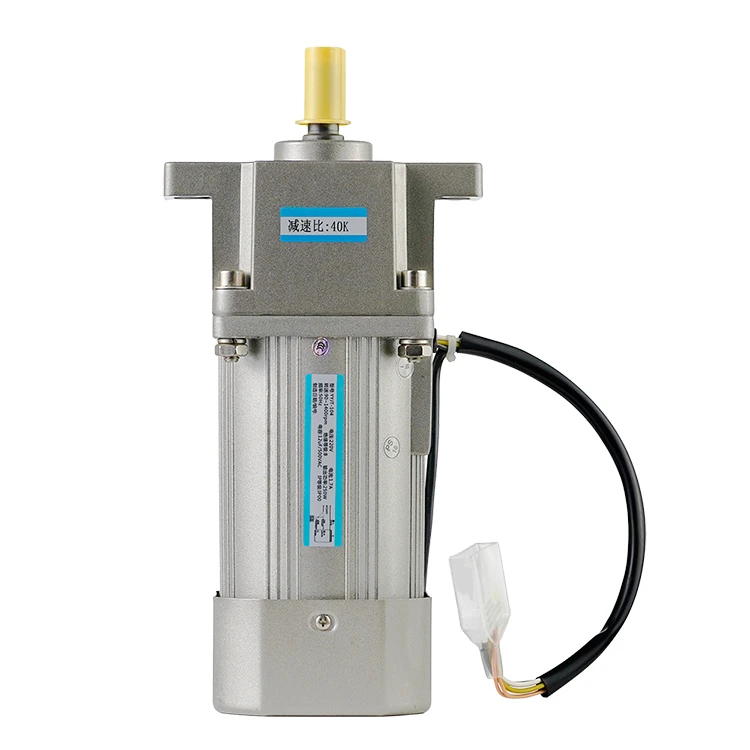From Precision to Performance: Step Motors or Servo Motors
2023-03-27 10:14:54
Electric motors are essential components in automation systems, both in industrial and commercial applications. They are the driving force behind most automation systems, and they come in a variety of types, each with its own unique characteristics and benefits. The two most common types of motors used in motion control applications are stepper motors and servo motors. Although the purpose of both motors is to convert electrical signals into mechanical motion, they differ in their operating principles, control methods, and applications. In this article, we will explore the differences between stepper motors and servo motors in detail.
Working Principle
Stepper motors and servo motors work on fundamentally different principles. A stepper motor is an electromechanical device that converts electrical pulses into discrete mechanical motion. It does so by dividing a complete rotation into a series of fixed-angle steps, each corresponding to a specific number of electrical pulses. Each step represents a fixed angle of rotation, and the motor rotates by moving from one step to another in response to an electrical signal.
A servo motor is a closed-loop control system that uses feedback from a position sensor to control the position, speed, and torque of the motor. The servo motor's position sensor continuously monitors the actual position of the motor and sends feedback to the control system, which then adjusts the motor's output to the desired position. This feedback loop allows the servo motor to maintain precise position control, making it ideal for applications that require high accuracy and repeatability.
Control method
Stepper motors and servo motors also differ in the way they are controlled. Stepper motors are relatively simple to control, requiring only a series of electrical pulses to move the motor to a specific position. The motor's control circuitry determines the pulse sequence based on the desired motion profile, such as the speed and direction of rotation. Pulse sequences can be generated using a variety of methods, such as microcontrollers, stepper motor drivers, or dedicated motion controllers.
Servo motors require more sophisticated control algorithms to maintain precise position control. The control system of a servo motor must continuously monitor the position of the motor and adjust the output of the motor based on the feedback received from the position sensor. This requires advanced control technology that uses mathematical algorithms to adjust the output of the motor based on the difference between the desired position and the actual position.
Applications
Stepper motors and servo motors have different applications based on their unique characteristics. Stepper motors are ideal for applications that require precise positioning at low to medium speeds. They are also commonly used in applications that require high torque inertia ratios, such as printers, scanners, and plotters.
Servo motors, on the other hand, are better suited for applications that require high accuracy and repeatability at high speeds. They are also commonly used in applications requiring high torque to inertia ratios, such as aerospace, defense, and medical equipment.
Conclusion
In summary, although stepper motors and servo motors are both motion control motors, they are different in terms of working principle, control method and application. Stepper motors are relatively simple to control, while servo motors are relatively more complex and more suitable for applications that require high precision at high speeds. Understanding the differences between stepper motors and servo motors is critical to choosing the right motor.
See What Lunyee Can Do For You
Contact Us
- 8619149417743
- +86-0371-5562 0274
- [email protected]
- Zhengzhou, Henan Province, China
- Mon-Fri: 9:00 - 18:00
